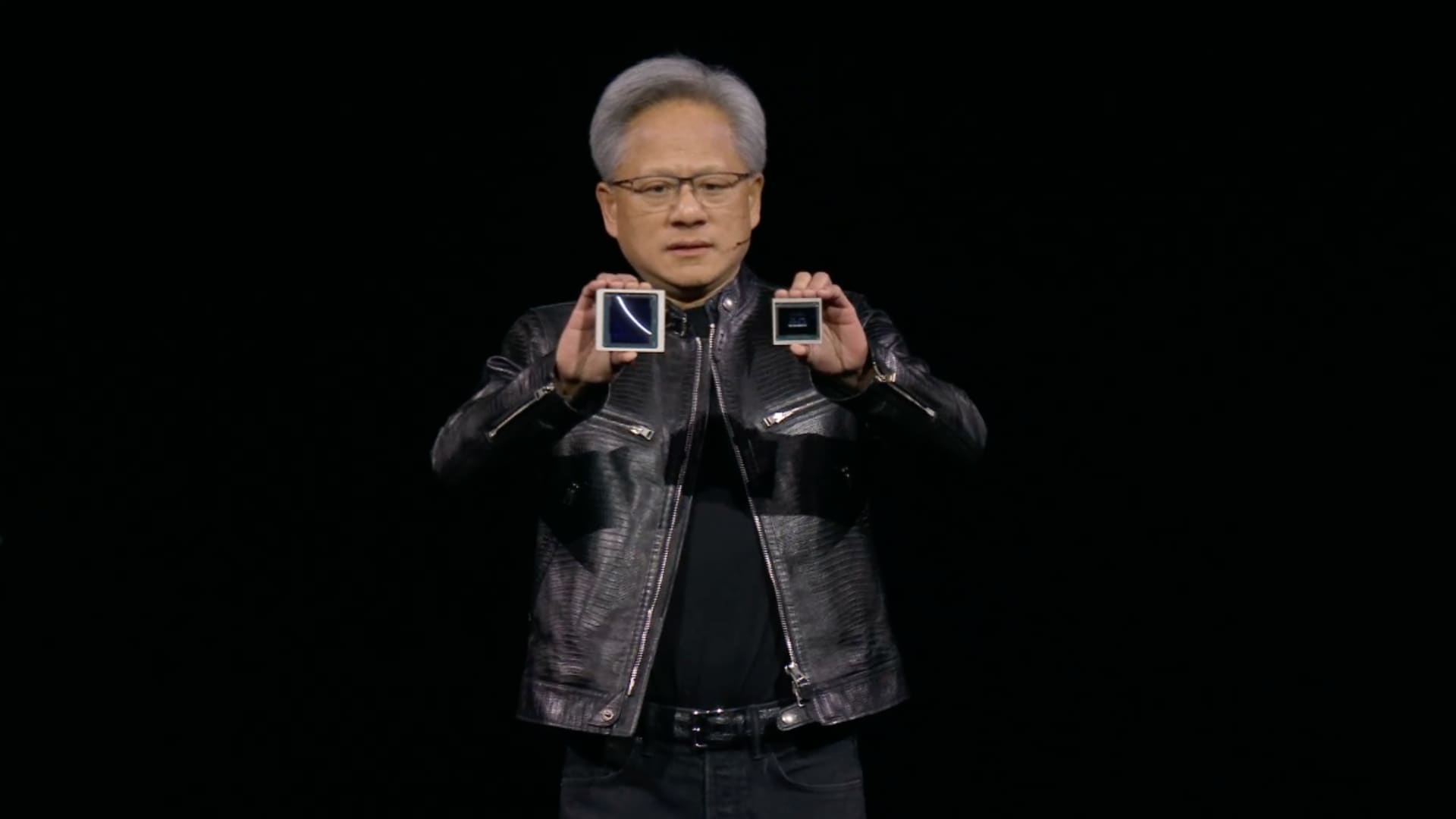Alphabet to fold Sidewalk Labs into Google as project’s founder steps down

Sidewalk Labs CEO Dan Doctoroff speaks during a press conference where Alphabet announced it will develop an area of Toronto’s waterfront on October 17, 2017.
Mark Blinch | Reuters
Alphabet is folding its smart city projects, known as Sidewalk Labs, into Google, as the company aims to bolster its climate sustainability efforts and consolidate businesses that aren’t making money.
In a Medium post on Thursday, Sidewalk’s Founder and CEO Dan Doctoroff announced the changes. Doctoroff also said that he’s stepping down from his role due to a medical condition that he fears could be the onset of amyotrophic lateral sclerosis, or ALS, which affected his father and his uncle.
“Now, unfortunately, it appears very likely that I have ALS, too,” Doctoroff wrote, adding that it appears to be early and that “doctors have started me on a cocktail of drugs that, hopefully, will slow the progression of the disease down a bit.”
Doctoroff, who previously served as CEO of Bloomberg LP, founded Sidewalk Labs in 2015 with an aim to work with cities, using technology to address urban problems like real estate development, parking and energy savings. He said in the post that the projects from Sidewalk being folded into Google include Mesa, which helps buildings manage energy costs, real estate design company Delve, and Affordable Electrification, which manages home energy utilities.
Also joining Google from Sidewalk will be Pebble, which claims to provide sensors to municipalities and real estate developers to monitor real-time data for parking spaces.
“In the past year, we’ve been exploring many options to scale these sustainability products even faster, including external fundraising,” Doctoroff wrote. “At the same time, while sustainability and social impact have been very important to Google since its founding, over the past few years Alphabet has also been increasing its focus in this area and doubling down on its climate-related commitments, including its ambitious goal to operate on carbon-free energy 24/7 by 2030 and invest in technologies to help partners and people all over the world make sustainable choices. Now is the right time to combine forces.”
Sidewalk Labs spun out a separate entity in 2020 called Sidewalk Infrastructure Partners, which focuses on owning, acquiring and investing in technology-enabled infrastructure, particularly in urban areas. As part of the latest change, it will spin out Canopy Buildings, which is targeting sustainable mass timber construction, into an independent company, Doctoroff said.
Across the company, Google has become more vocal about its efforts to reduce carbon emissions and support environmental protection. In October, it announced changes to many of its core products, including maps and search results, to help consumers make sustainable choices.
Alphabet, whose primary revenue comes from Google’s advertising, has struggled to make money from its “Other bets” like Waymo (driverless cars), Calico (longevity of life) and Wing (drone delivery). Alphabet has of late been shifting its plans for those bets to emphasize revenue, trimming projects that don’t meet its objectives.
Since the beginning of 2020, Alphabet shut down Makani and Loon and folded Jigsaw and Chronicle into Google. It’s also been raising outside funding for Waymo.
Sidewalk Labs has, until now, been one of those bets. As the projects join Google, Prem Ramaswami, Sidewalk’s president of urban products, and Chief Technology Officer Craig Nevill-Manning, will continue to lead the efforts, Doctoroff added.
In his six years at Sidewalk, Doctoroff oversaw the unit’s flagship project, which aimed to create a “smart district” in Toronto. The company withdrew plans in May of 2020, amid economic uncertainty and increasing concern surrounding citizens’ privacy.
Doctoroff said he now wants to commit his time focusing on investments that help prevent ALS’ deadly effects.
